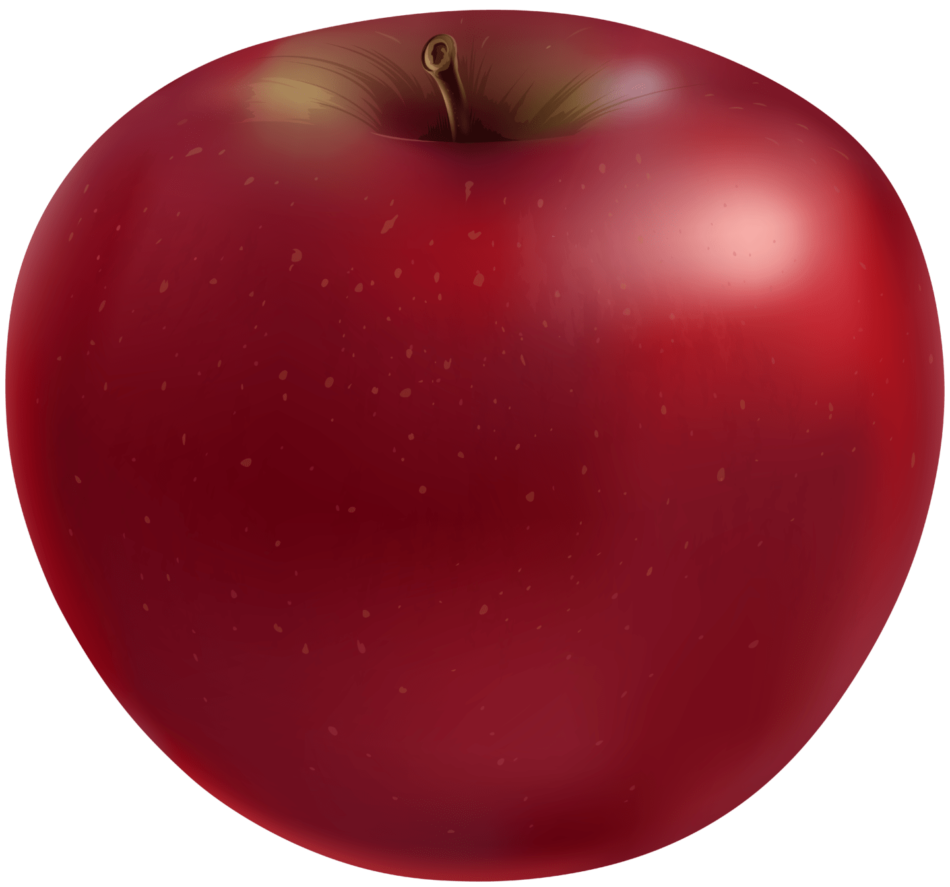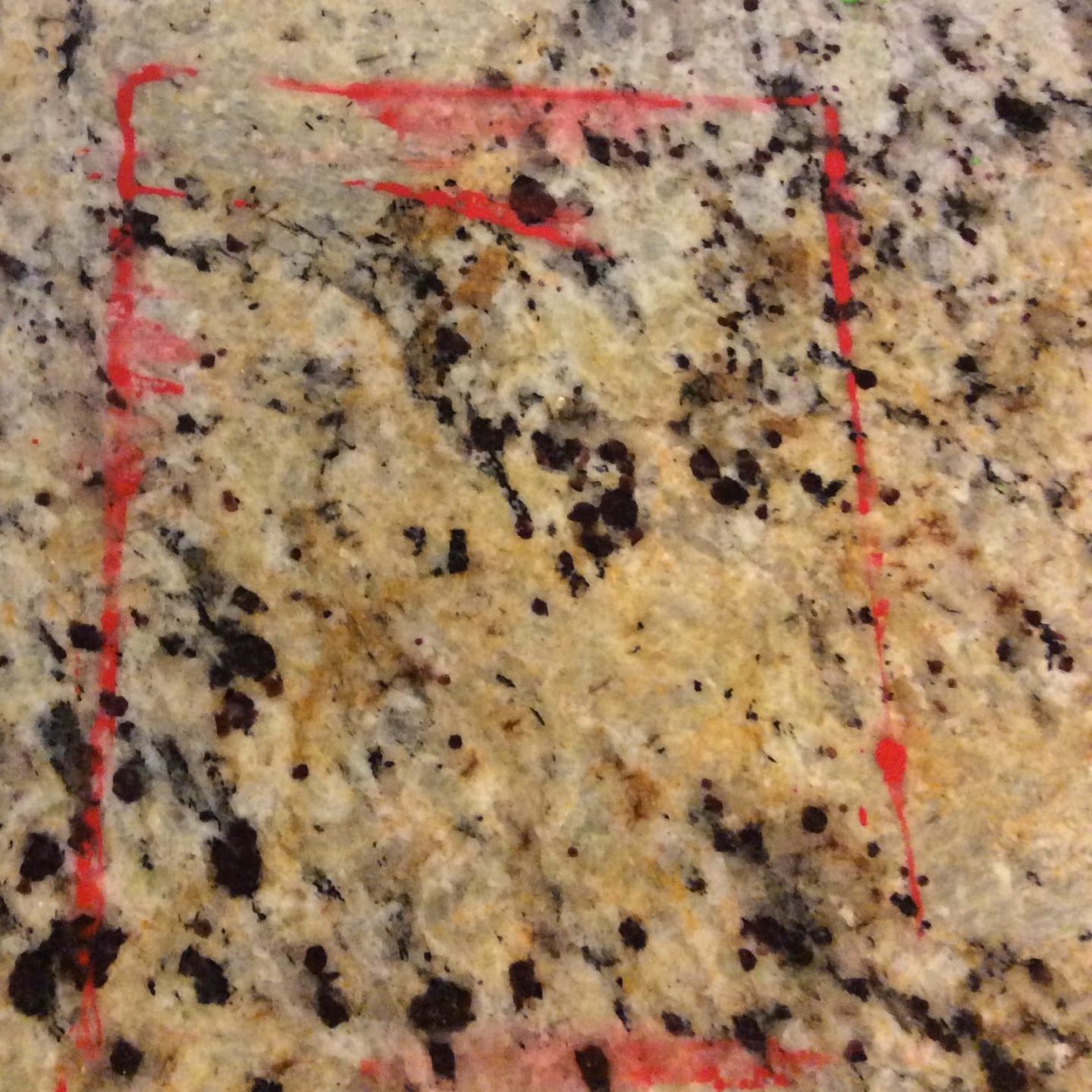Reply to Commentaries on Thinking in Images
Authors love when their books are being read. They love it even more when their books are being discussed. I’ve happily been in this position where the commentators have taken their time and effort to read my book and share their ideas. I am very grateful to Marcin Milkowski, Mariela …




